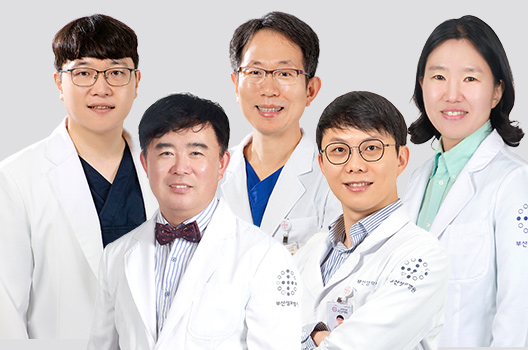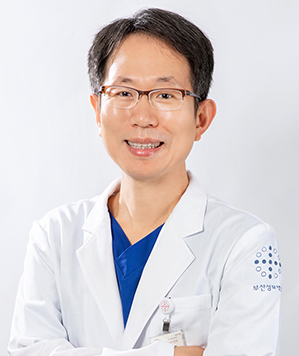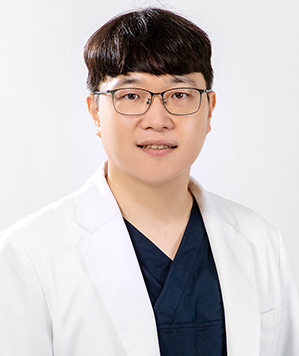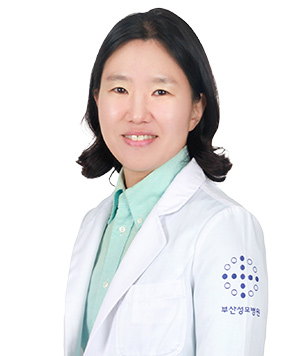Gastroenterology

Gastroenterology
- Inquiry
- +82-51-933-7278~9
- Outpatient Clinic Location :
- 2nd Floor
Introduction of Medical Department
-
It is responsible for diseases that occur in the digestive system of our body, and the digestive system is largely composed of the digestive tract, liver, biliary tract, and pancreas.
The digestive tract consists of the esophagus, stomach, duodenum, small intestine, large intestine, and rectum, where food is consumed, processed, and excreted. And the liver converts and stores nutrients ingested in the digestive tract and functions to detoxify harmful substances, and there is an attached biliary tract. And the pancreas is related to the secretion of digestive enzymes and insulin. The main symptoms of digestive tract disease are upper gastrointestinal symptoms such as abdominal pain, nausea, vomiting, indigestion, heartburn, chest pain, hematemesis or blood in stool. Lower gastrointestinal symptoms include abdominal pain, diarrhea, constipation, bloody stools, and bloating. In addition, most of the symptoms of liver disease are nonspecific, but there may be fatigue, helplessness, nausea, etc. In severe cases such as cirrhosis, hematemesis or bloody stool, hepatic coma, and ascites may occur. In case of pancreatibiliary disease, there are abdominal pain, jaundice, and weight loss.
The major diseases treated in the Department of Gastroenterology include esophagitis, gastritis, gastroduodenal ulcer, various functional bowel diseases, enteritis, various digestive tract tumors, (benign tumors, cancer, etc.), hepatitis, liver cirrhosis, liver cancer, pancreatic biliary tumors, biliary stones, etc. These diseases are common to people in Korean, and there are many other digestive diseases. In particular, the five most common adult cancers in Koreans are stomach cancer, lung cancer, liver cancer, colorectal cancer, and pancreatic cancer, all of which are very important areas of digestive tract cancer.
Meanwhile, the Department of Gastroenterology not only diagnoses these digestive diseases through various examinations but also treatments of various diseases performed in a non-surgical way with the recent development of endoscopy-based therapeutic endoscopy. The diagnostic endoscopy currently being performed includes upper gastrointestinal endoscopy (esophagus, stomach, and duodenum), colonoscopy (distal ileum, large intestine, rectum, and anus), endoscopic retrograde cholangiopancreatography (biliary tract, gallbladder, and pancreas), and endoscopic ultrasonography. A gastrointestinal motility test is also being performed. Therapeutic endoscopy performed includes endoscopic hemostasis for various gastrointestinal bleeding, tumor resection for gastrointestinal tumors (gastric polyps, colon polyps, etc.), communication for gastrointestinal stenosis (gastric cancer, esophageal cancer, and rectal cancer), catheterization, and endoscopic resection, various treatments using planetary pancreatic cholangioraphy (cholelith removal, bile duct communication, bile duct drainage, pancreatic duct drainage, etc.), and percutaneous endoscopic gastrostomy that is performed in case of oral intake of nutrients.
Introduction of medical staff

Hee-Seung Park

Jae-Seung Lee

Jun-Wook Ha

Jung Jung Im

Tae young Park
- There may be a slight delay in the connection between 10:00 AM to 11:00 AM due to the high volume of phone calls. Please kindly understand that.
Medical Department
- Endocrinology
- Rheumatology
- Anesthesiology and Pain Medicine
- Pathology
- Urology
- Gynecology
- Pediatrics
- Gastroenterology
- Cardiology
- Neurology
- Neurosurgery
- Nephrology
- Ophthalmology
- Palliative Medicine
- Radiology
- General Surgery
- Emergency Medicine
- Otolaryngology
- Rehabilitation Medicine
- Neuropsychiatry
- Orthopedic Surgery
- Laboratory Medicine
- Dentistry
- Nuclear Medicine
- Hemato-Oncology
- Pulmonology

